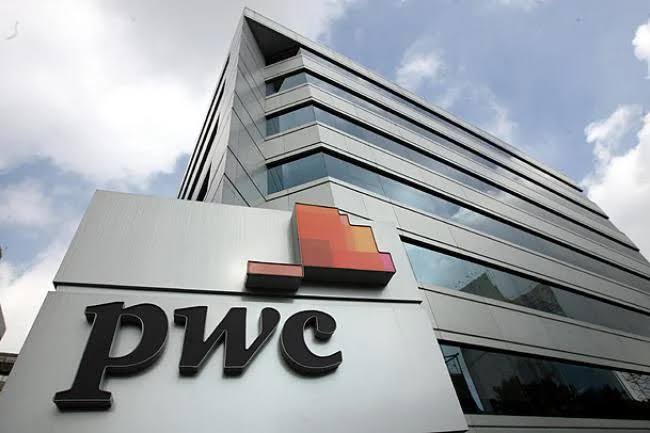PwC: How Africa can meet domestic energy market demands, enter international markets

PricewaterhouseCoopers (PwC) in its Africa Energy Review 2023 revealed that Africa is progressing positively in its efforts to make a clean energy transition.
It also mentioned that other countries on the continent are harnessing the region’s enormous renewable energy potential which is a step in the right direction.
“However, these efforts need to be coupled with the development of fossil fuel energy resources for Africa to make the transition faster, and reap the full range of its benefits.”
“Despite the continent’s monumental fossil fuel and renewable energy potential, it faces high energy poverty levels. African countries are also faced with the challenge of how to balance energy security, climate change, and sustainable development objectives.”
Andries Rossouw, PwC Africa Energy, Utilities and Resources Leader, says: “It has become increasingly clear that Africa plays a critical role in addressing global energy issues. The future of African energy is lower carbon technologies, driven by strategies that can see oil, gas and renewable production grow while reducing emissions in order to meet sustainability commitments.”
In PwC’s newly launched report, Africa Energy Review 2023: Africa’s challenges and opportunities in the energy transition, a detailed overview of the advancement and deployment of renewable energy across the continent’s northern, western, eastern, central and southern regions was provided.
It also highlighted key areas of progress and provided an outlook of what is needed to drive Africa’s renewable energy efforts forward.
Pedro Omontuemhen, PwC Africa Oil & Gas Leader says: “Africa’s decarbonisation is important, however, the eradication of energy poverty and improving energy security needs to be considered.
This can be done if governments and the private sector collaborate to ensure that investments in new technologies are optimised — and this will ensure that sustainability commitments are achieved.”
READ ALSO:Life After Abuse Foundation launches men’s support helpline to mark International Men’s Day
He said that Russia has reduced its supply of gas to Europe, and as Europe seeks to limit its dependence on Russian gas, Africa has an opportunity to fill the gap — but in order to do so, it needs to act now.
“What is evident from the recent energy market volatility is that reliable energy availability and pricing are key considerations for many governments in the selection of their respective energy strategies,”
Omontuemhen says. “The solution for the power sector is not an either/or, renewables or natural gas, proposition. It requires a multi-pronged approach to decarbonisation with renewables and natural gas power at its core.”
Gas will continue to be a key contributor to energy and industrial systems in many countries, and will retain a critical role in power generation as a fuel for baseload and flexible generation, even as new power technologies emerge.
“While significant emphasis has been placed on developing the hydrogen economy, it remains nascent and is likely to take time to develop to its full potential.
However, it can play a pivotal role in Africa’s energy transition,” says David Tarimo, PwC Energy, Utilities & Resources Leader in Eastern Africa.
“The vision for West Africa is to drive and accelerate LNG exports from 4% to 6% to drive industrialisation and energy security,” Omontuemhen says. “The region also has huge potential for investment and growth, as 70% of the population is below 30 years.”
“Most nations have various strategies and plans for infrastructure development,” Rossouw says.
“However, the execution of those strategies has almost always fallen well short of expectations. Having an effective execution approach is key, and this will place countries in a better position to see their renewable energy efforts come to fruition.”
READ ALSO: Why many Nigerian youths are struggling

